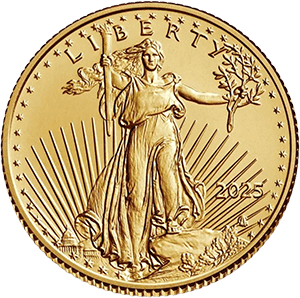
Gold has long been entwined with divine myths and celestial power. In ancient cultures, gold was not merely a medium of exchange—it was the flesh of gods, a material imbued with supernatural qualities.
Egypt: The Sun God's Flesh
In ancient Egypt, gold was considered the skin of the gods, particularly the sun god Ra. Pharaohs, seen as divine themselves, were buried in gold to ensure their transition to the afterlife.
The famous funerary mask of Tutankhamun is crafted of gold and precious stones, showcasing the belief that gold connected the soul to eternal life. Egyptian temples, sacred texts, and amulets frequently included gold to signify protection, rebirth, and divine authority.
Greece: Midas, Fleece, and the Wrath of Gold
Greek mythology is rich with golden imagery. The myth of King Midas is perhaps the most famous—he was granted the ability to turn everything he touched into gold, a gift that became a curse. The tale warns against greed and illustrates the dual nature of wealth.
The quest for the Golden Fleece, pursued by Jason and the Argonauts, symbolizes the divine right to rule and the pursuit of immortal glory. The fleece was a divine artifact, guarded by a dragon, and held immense magical power.
Mesopotamia: Gold of the Gods
In Sumerian and Babylonian traditions, gold was often associated with celestial beings. Temples were adorned with gold to attract the attention of the gods, and ritual items made of gold were used in sacred ceremonies.
In these early myths, gold was believed to have fallen from the heavens, emphasizing its otherworldly origins. The gods themselves were said to live in golden palaces or wear golden robes.
Universal Themes
Across all these cultures, gold represented immortality, purity, and the divine right to rule. Its incorruptibility made it the perfect substance for representing the eternal.
Gold’s mythological roots help explain why humans have prized it above all other materials. It was never just about wealth—it was about proximity to the gods.

